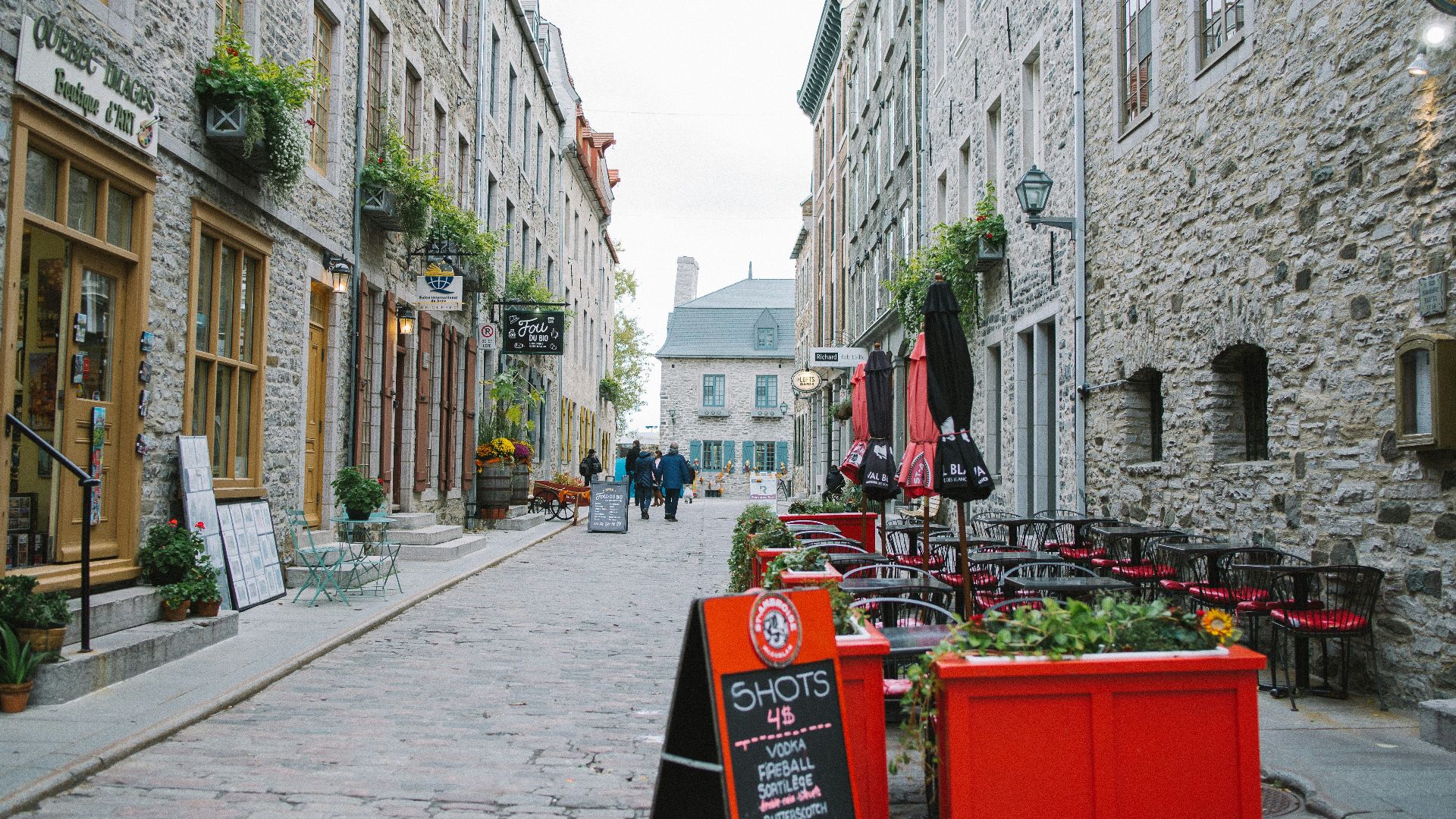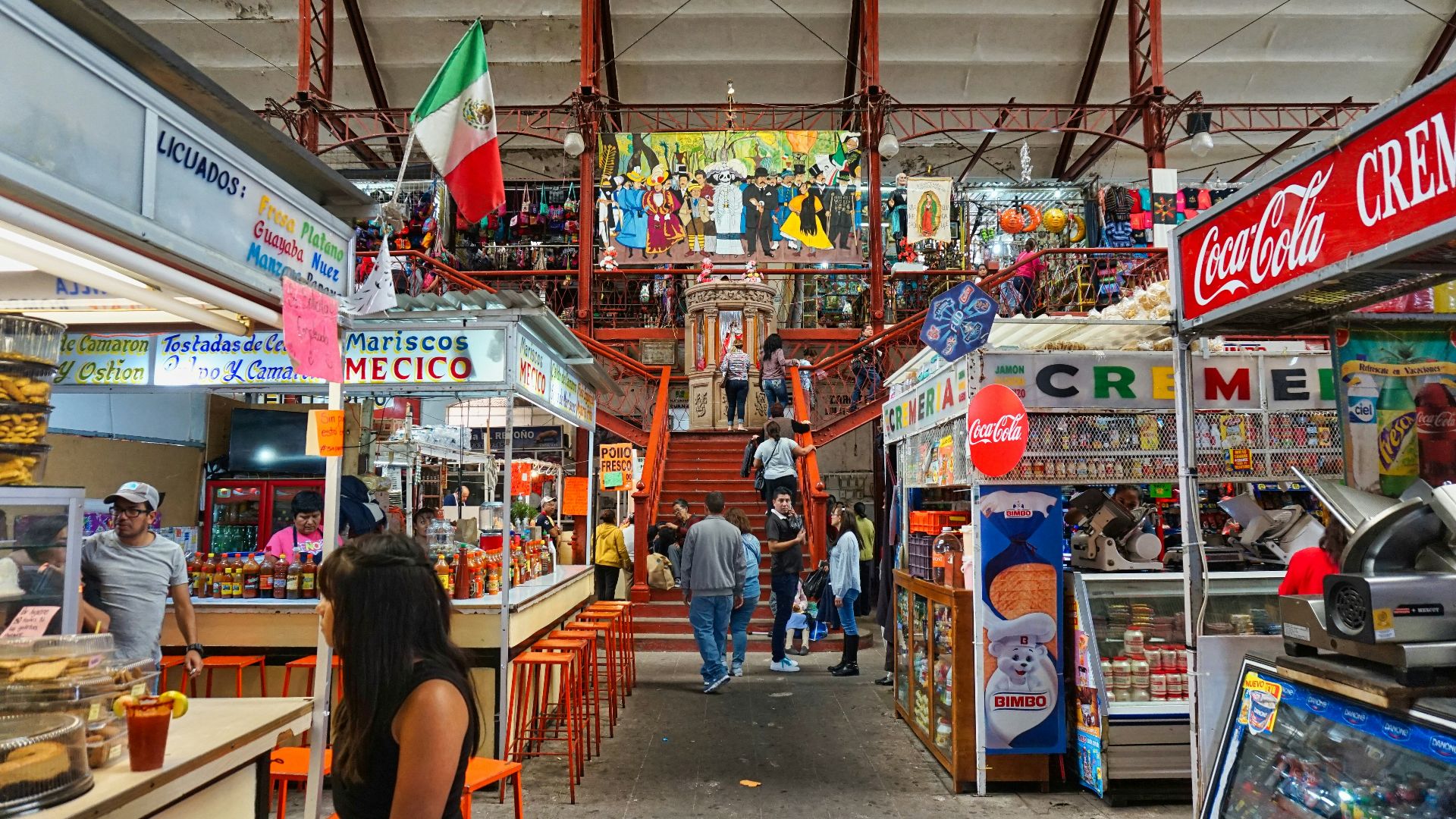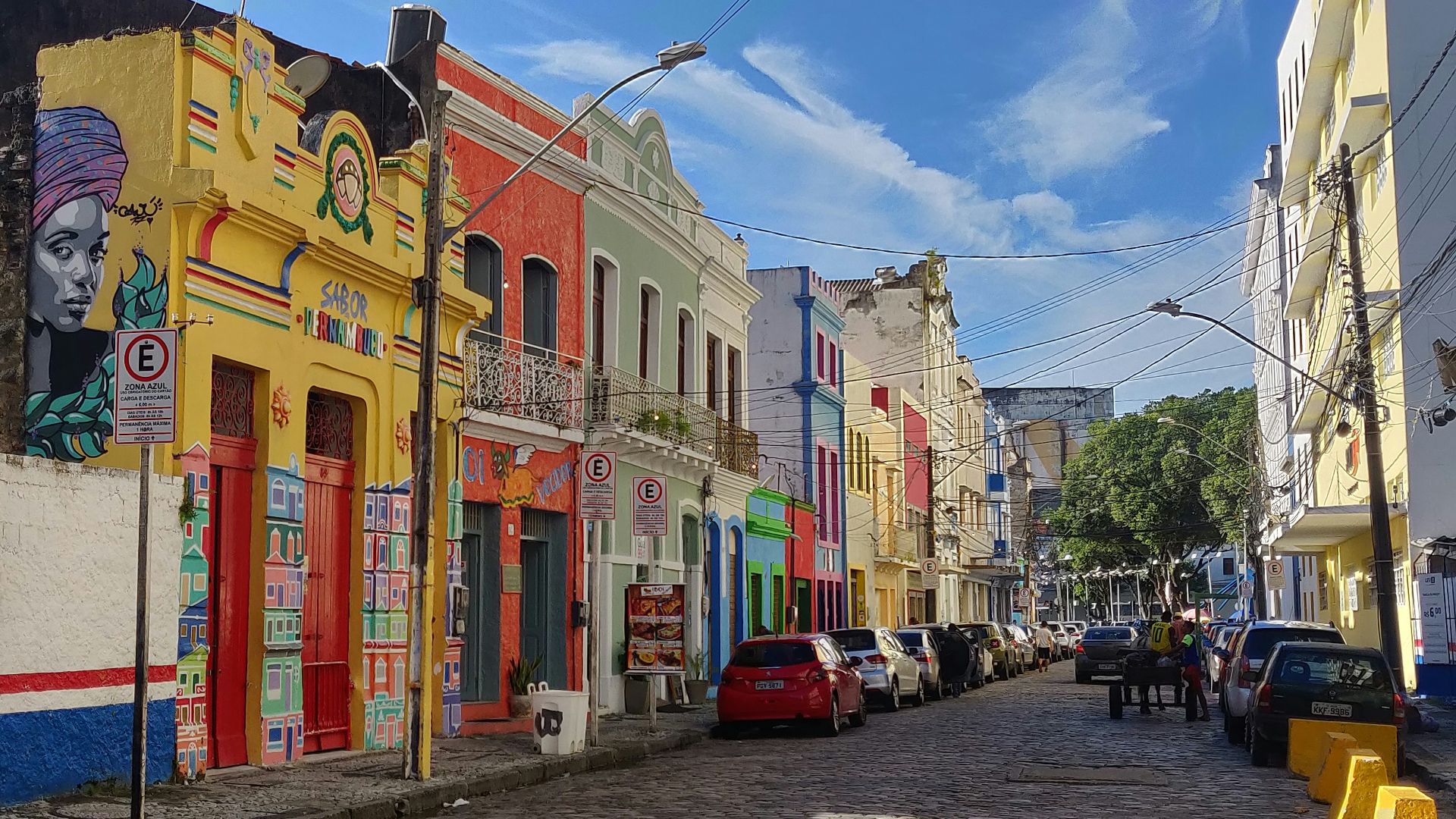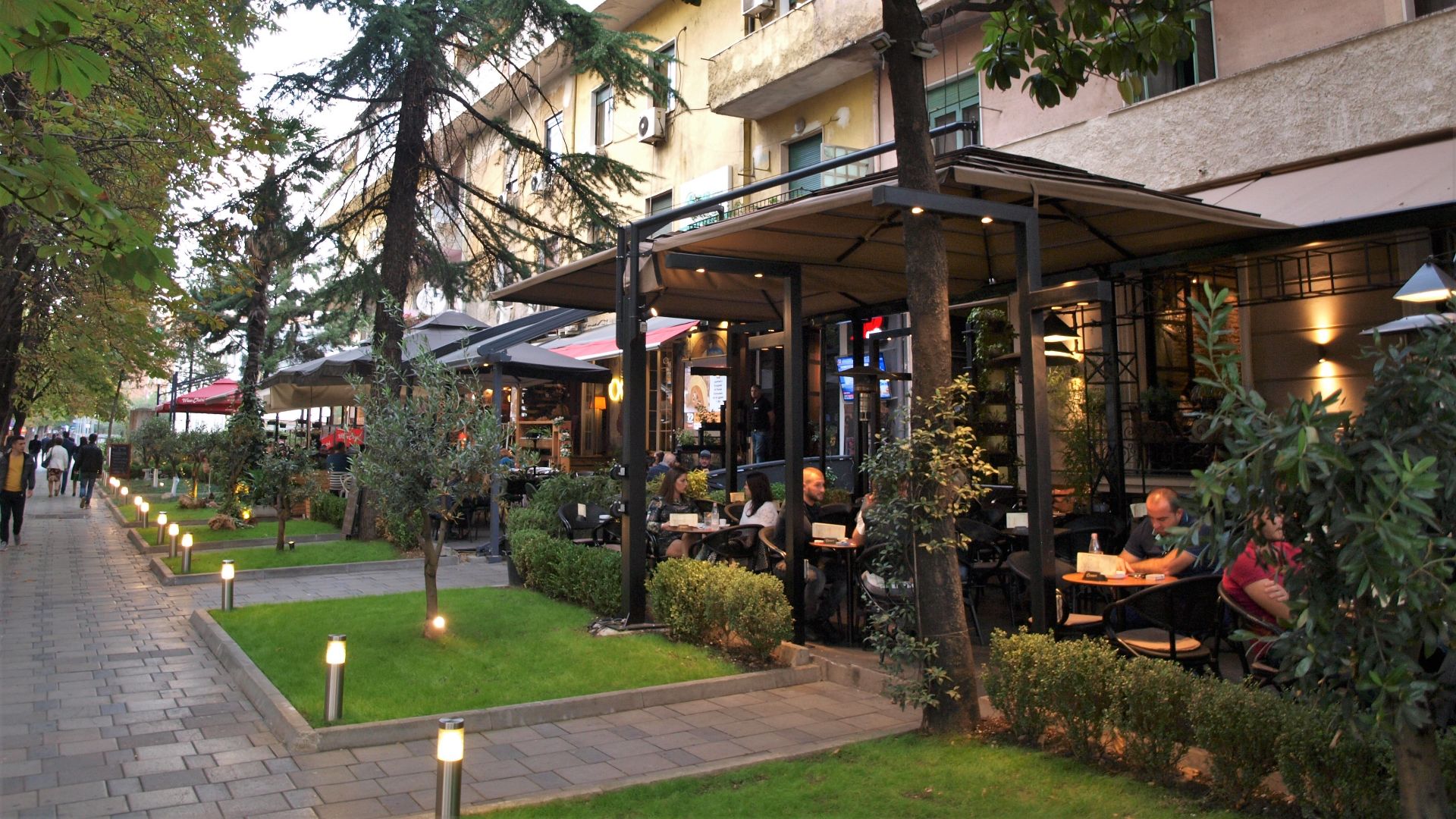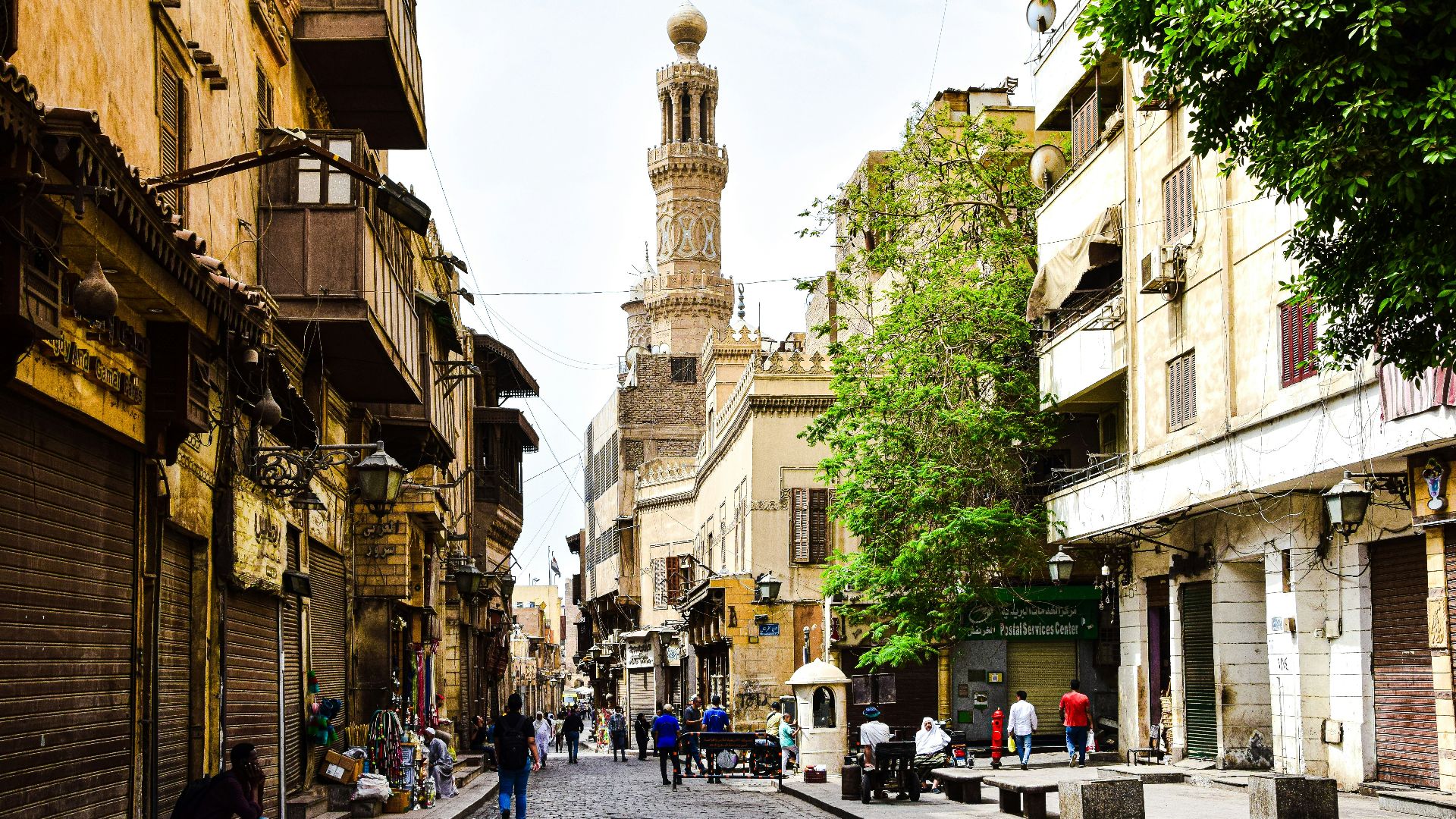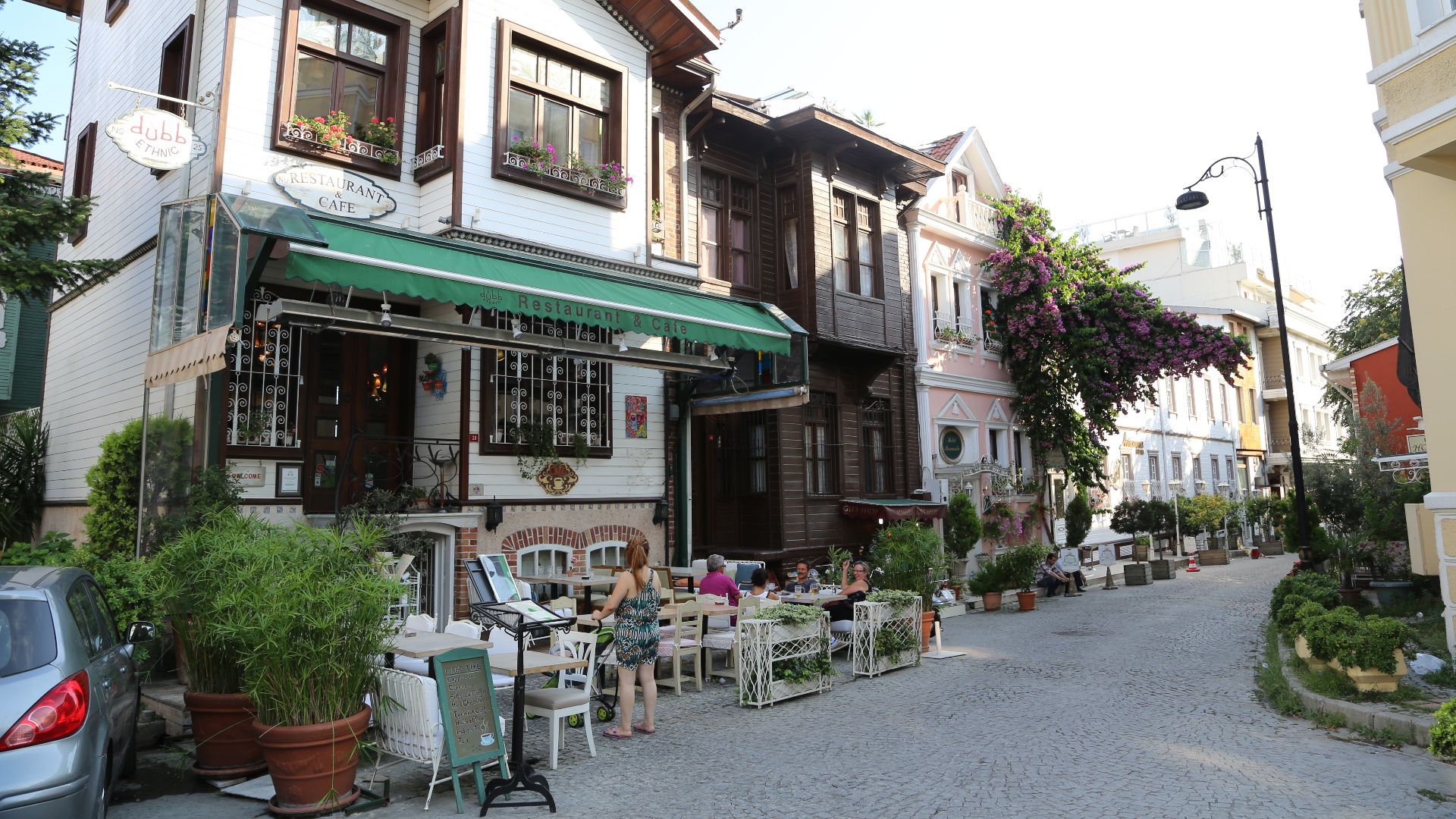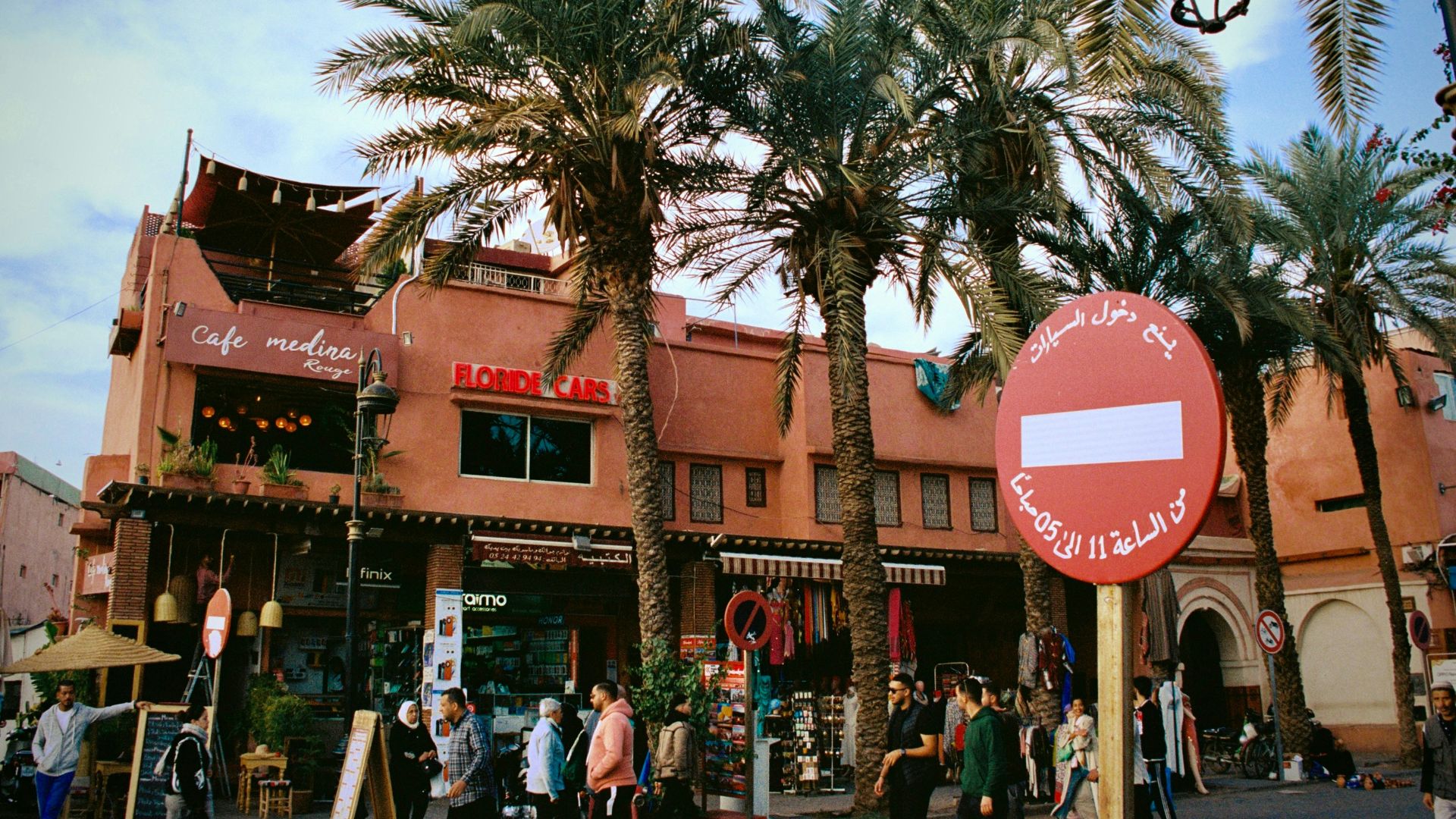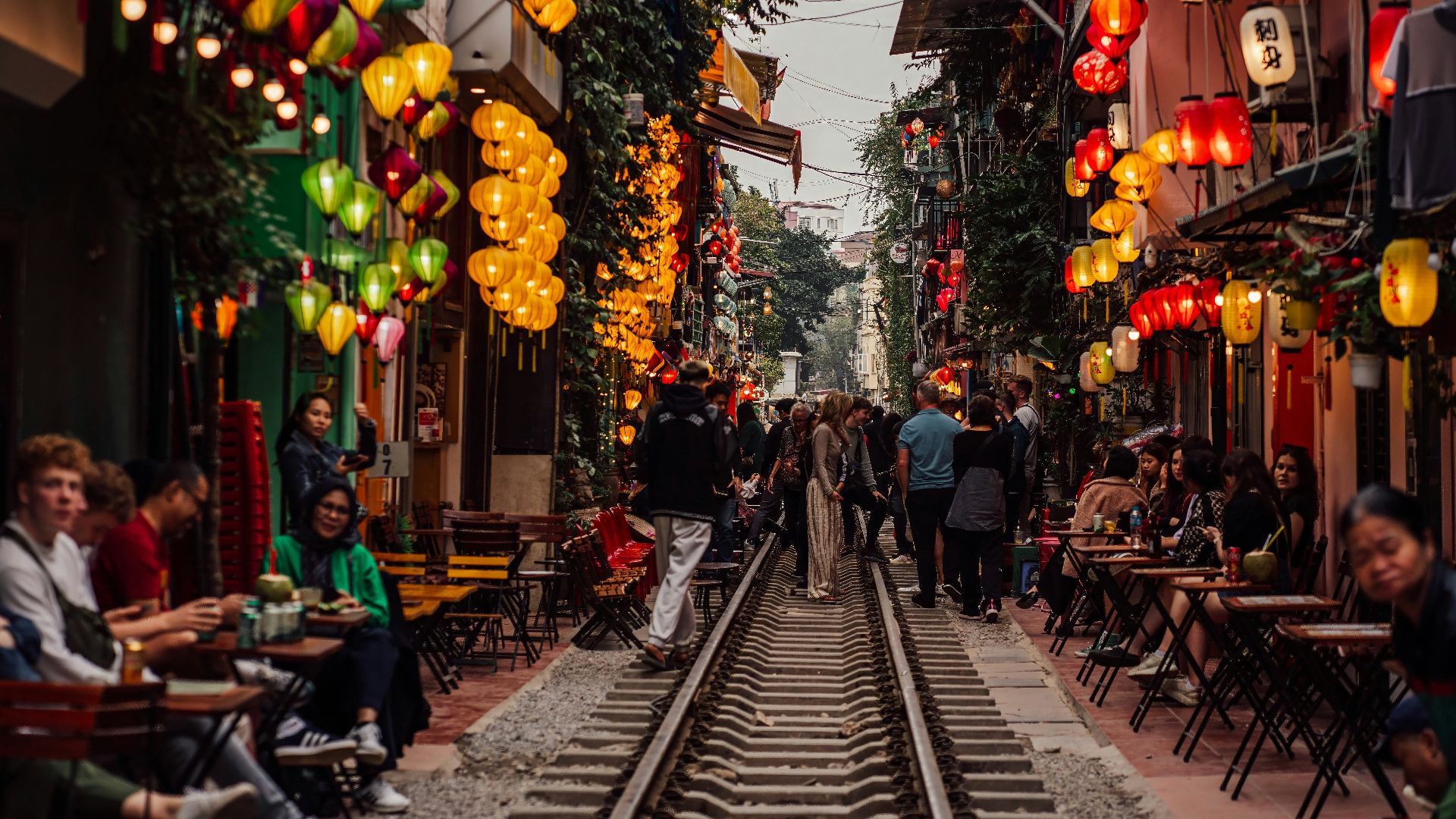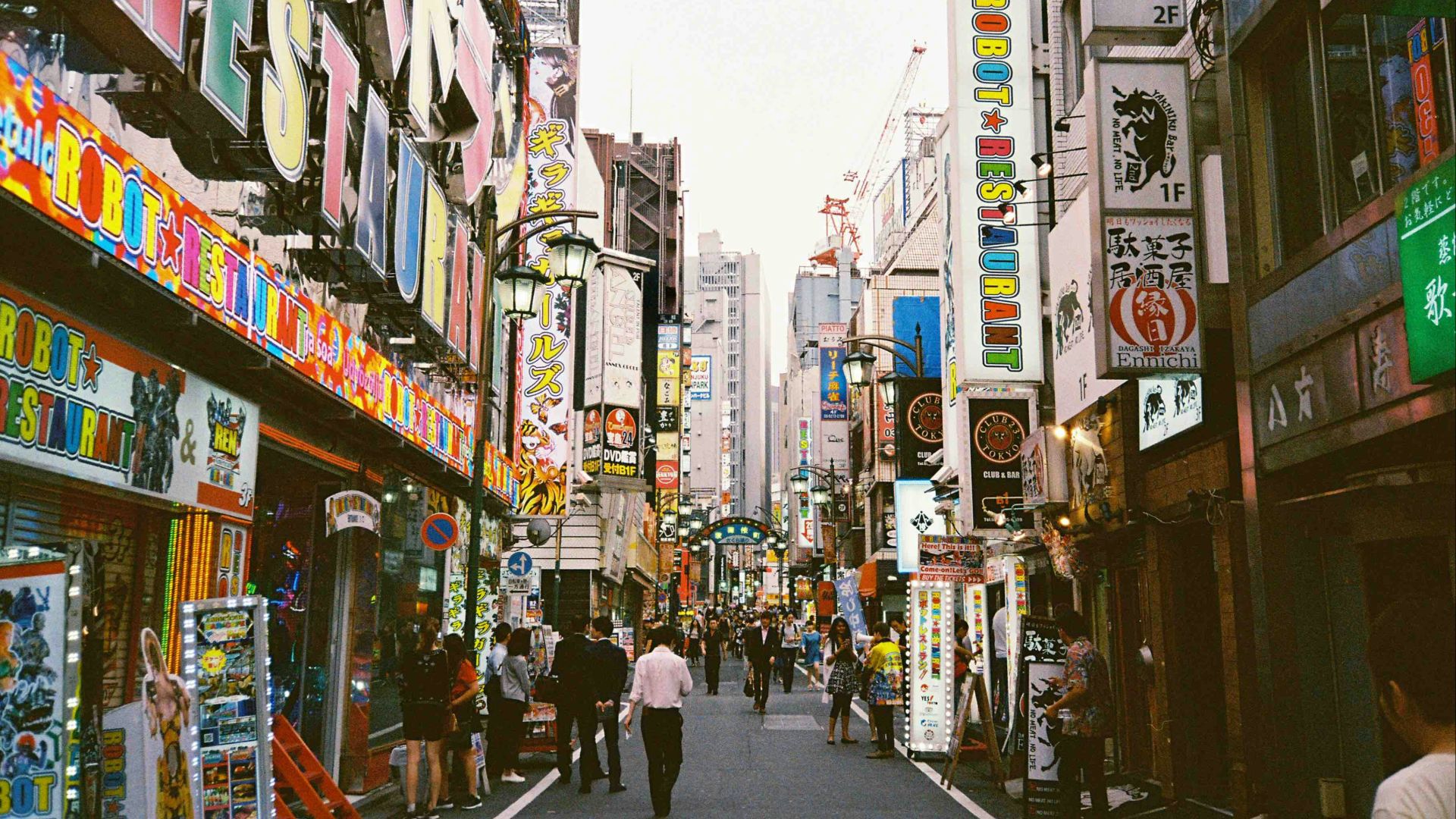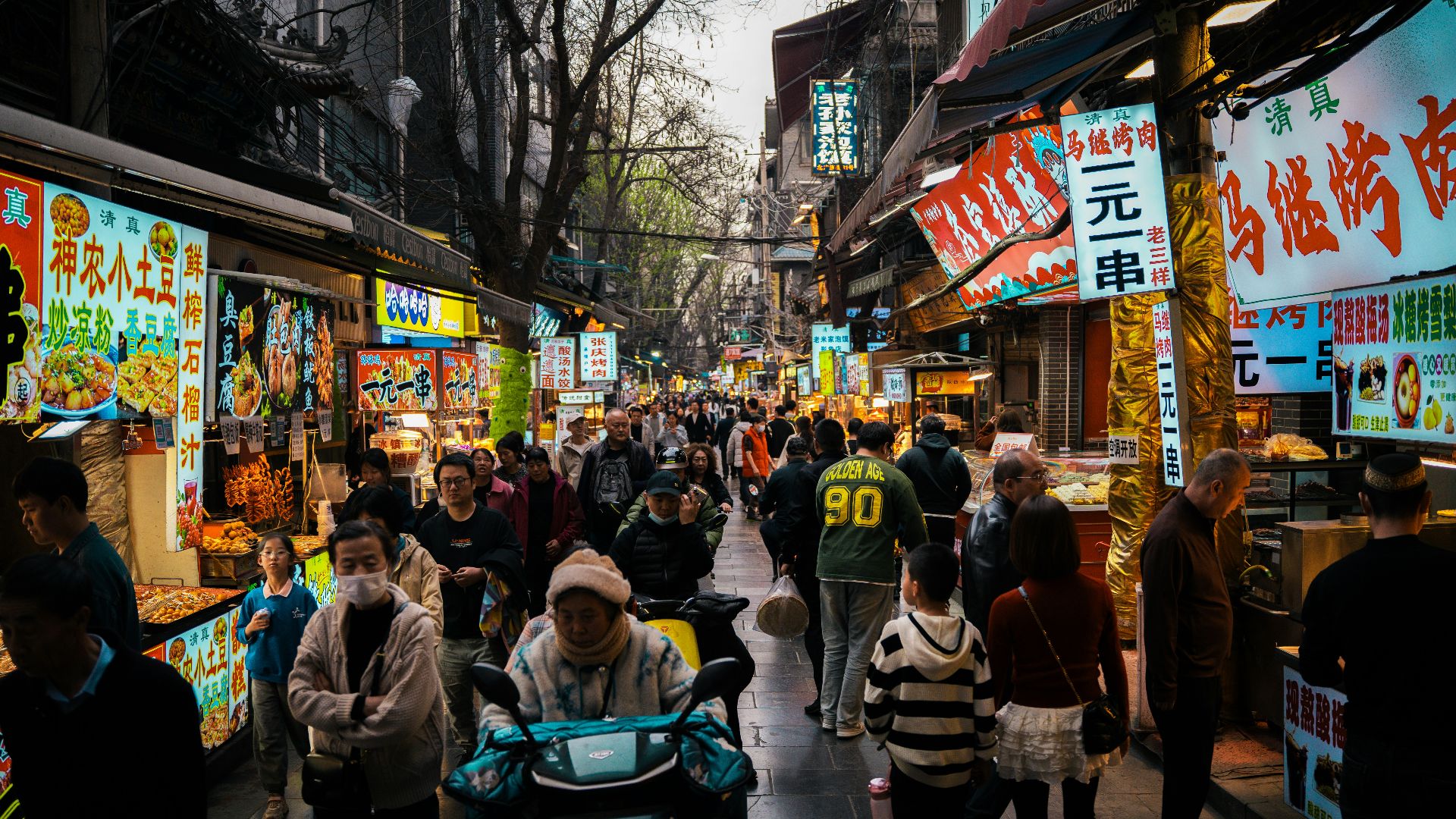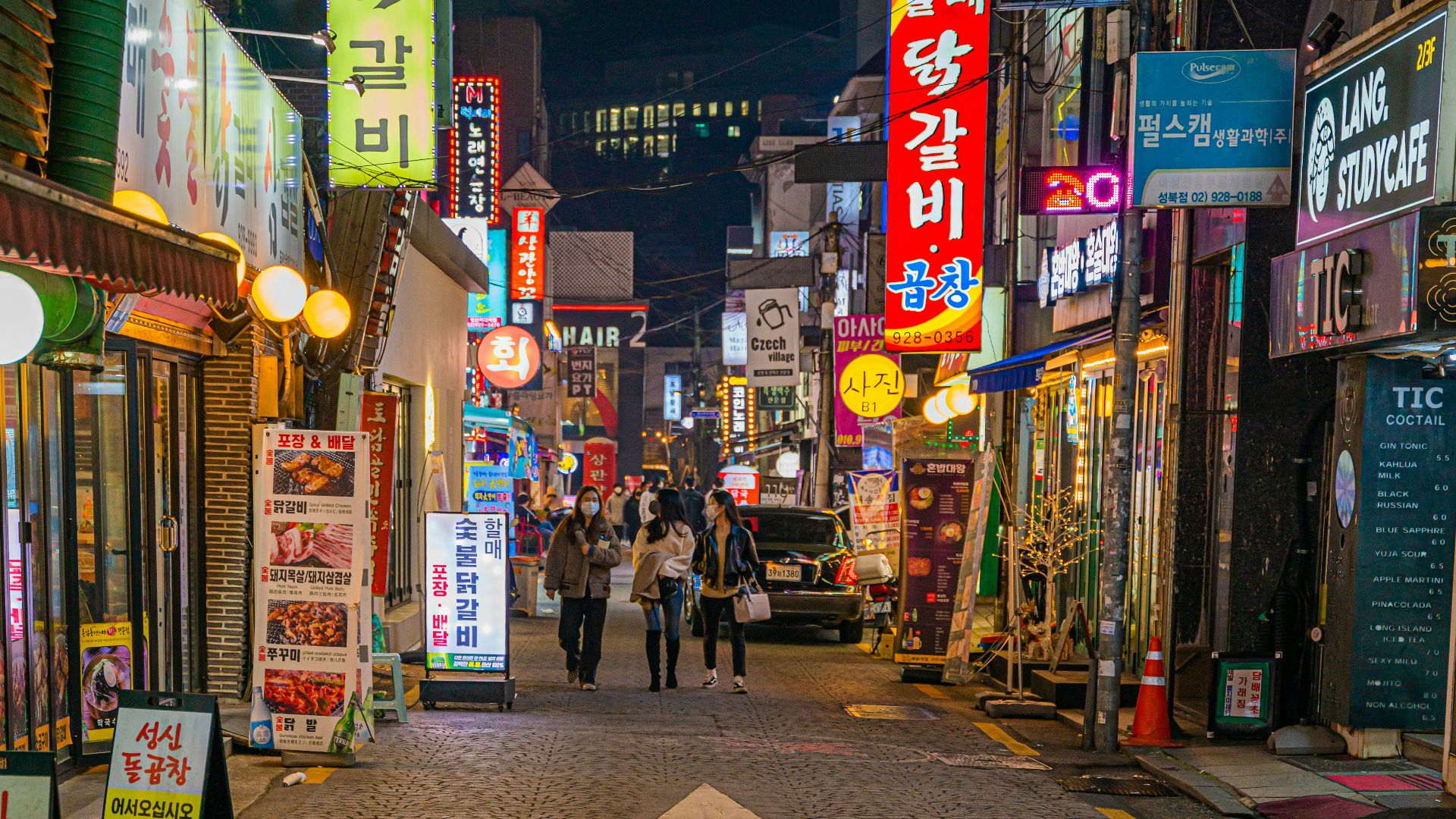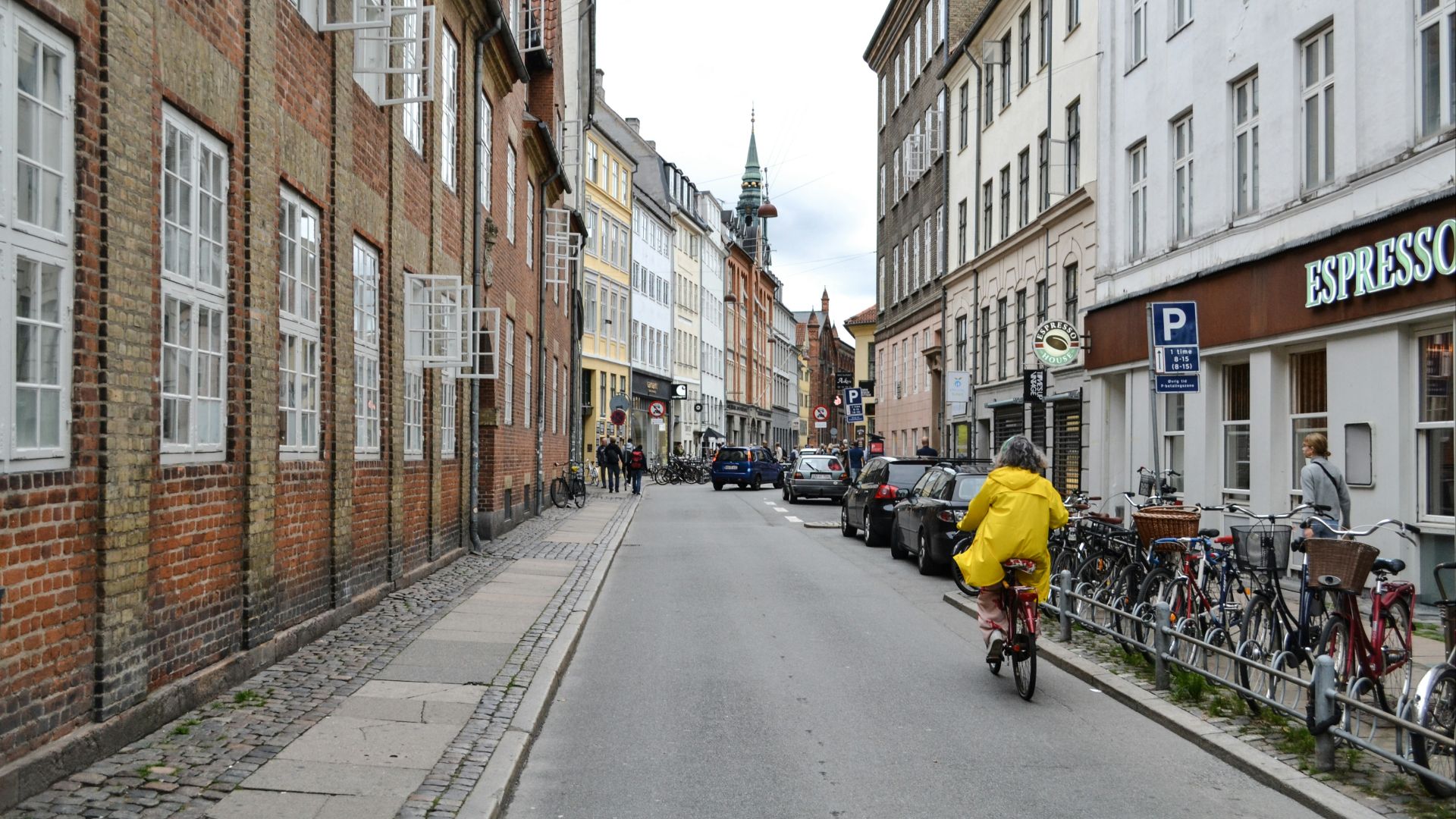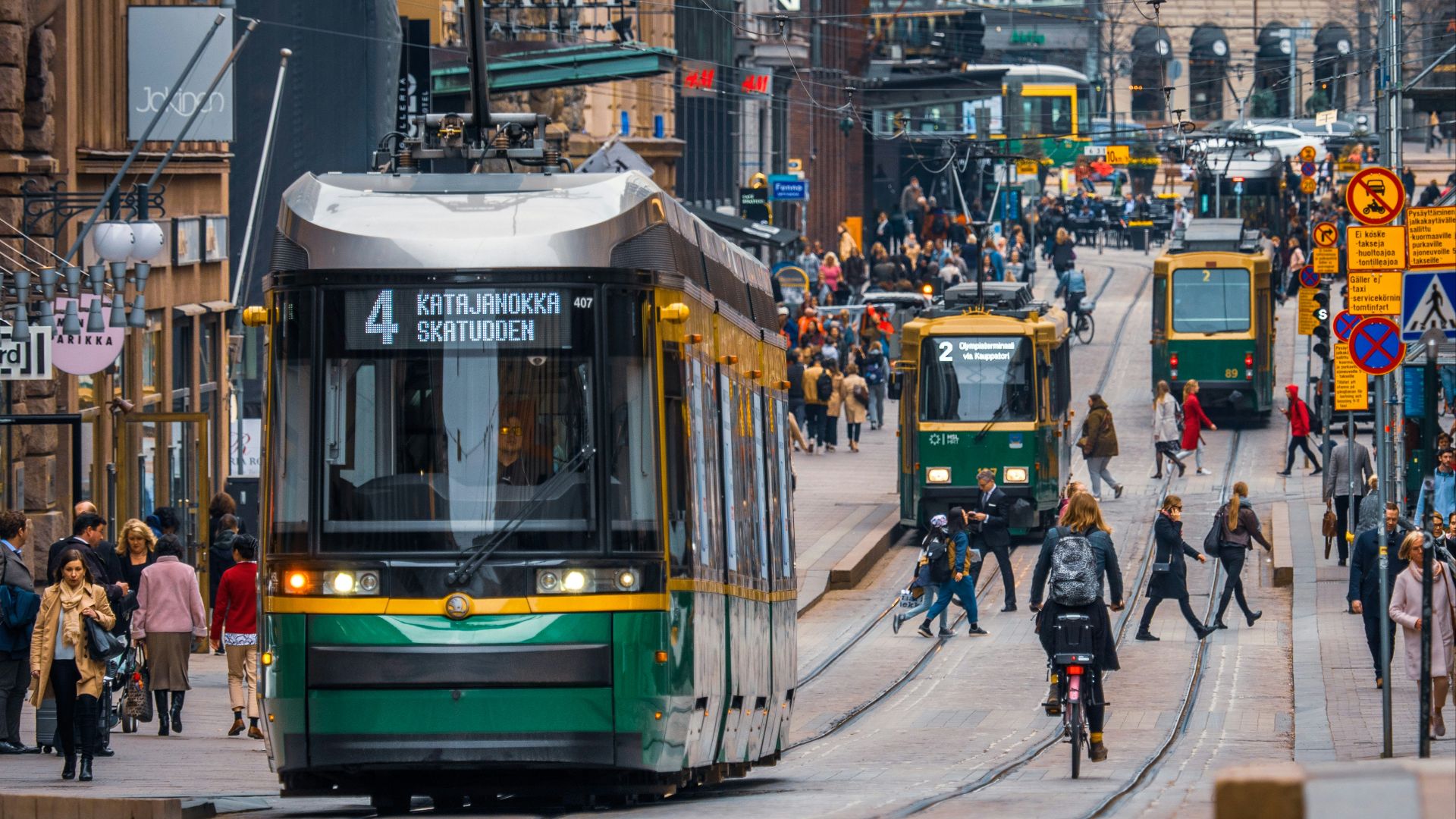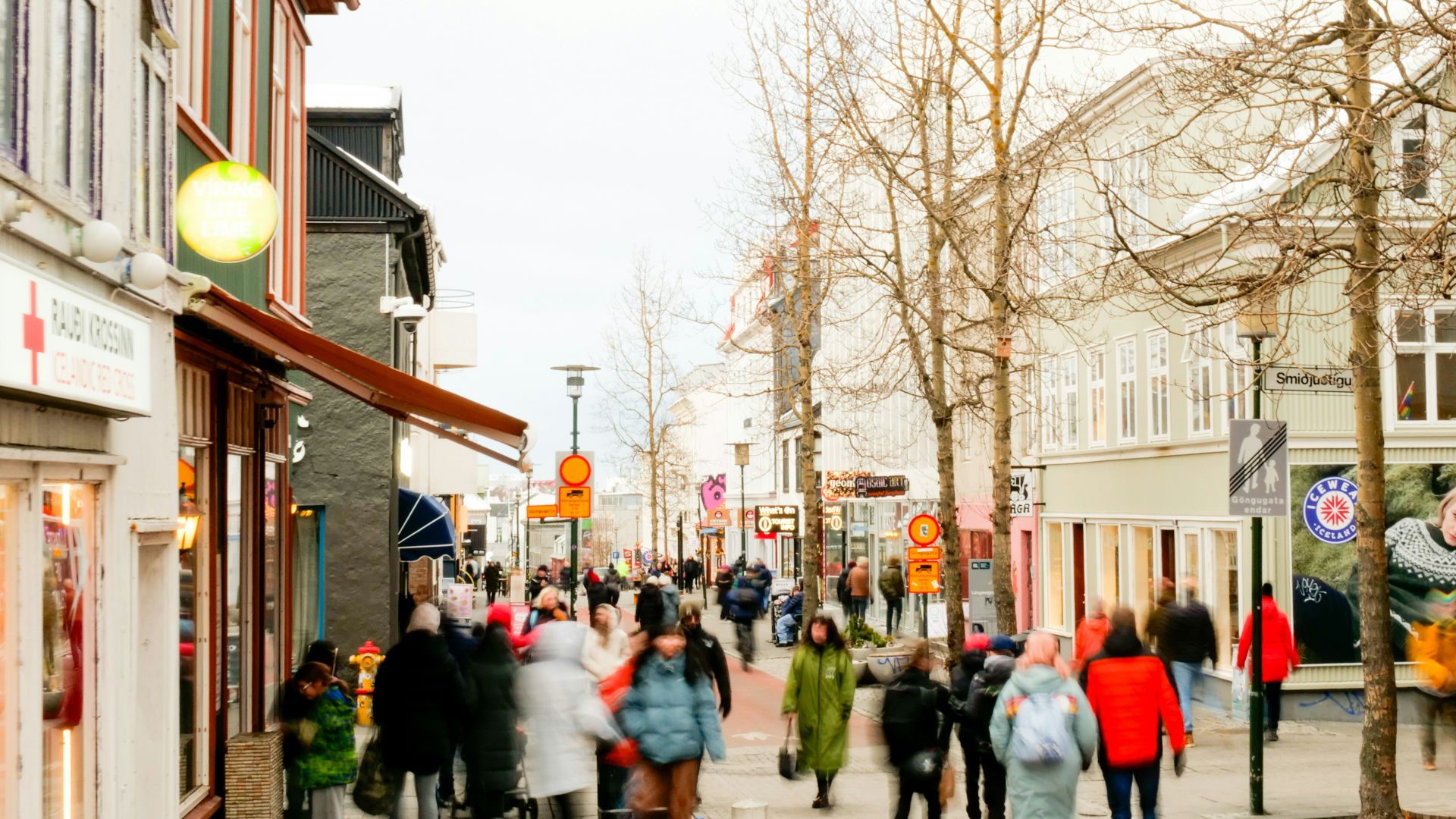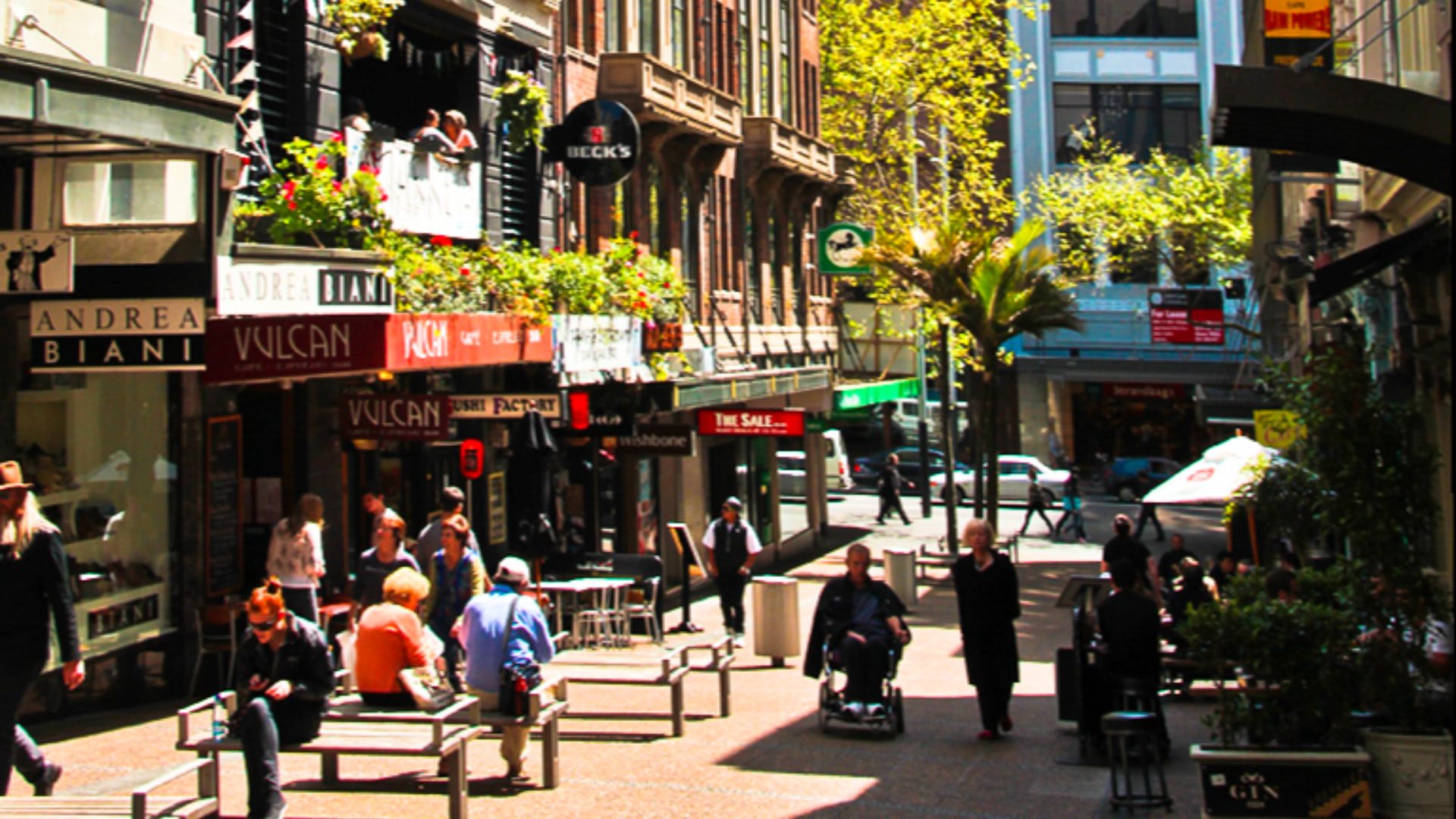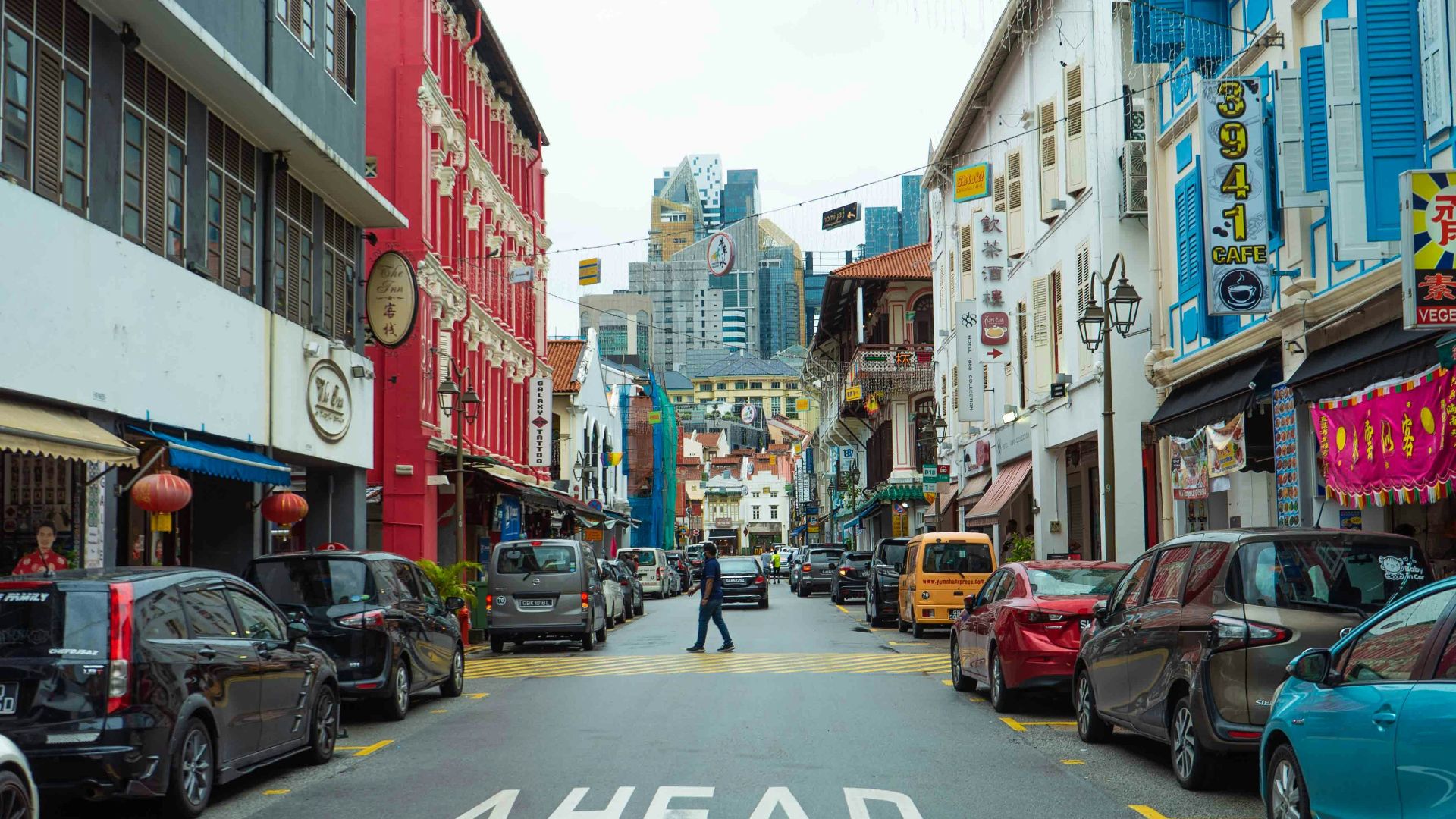Tipping Rules For The Global Traveler
Tipping can be a warm gesture—or a cultural blunder. In some places, it helps cover a server’s wages. In others, it’s borderline offensive. So, this list walks you through 10 countries where tipping isn’t optional and 10 where leaving extra cash might just cause confusion—or offense. Let’s start where gratuity is the rule, not the exception.
1. United States
Ever seen a waiter chase after a customer who forgot to tip? It happens here. America's tipping culture is hardwired into the economy, with servers earning as little as $2.13 hourly. That 20% gratuity isn't just appreciated. It's essential income.
2. Canada
Maple Leaf hospitality comes with a side of expected gratitude. Tipping practices mirror their southern neighbors, with a 15-20% standard everywhere, from Toronto's upscale eateries to Montreal's cozy bistros. Particularly in Quebec, it is said that skipping the tip is considered seriously impolite.
3. Mexico
In Mexico's vibrant restaurant scene, the wages tell the story. Service staff often earn minimal base pay, making your pesos critical to their livelihood. Servers in tourist destinations like Cancun might earn around $5–15 daily before tips. The expected percentage hovers between 15% and 20%.
4. Brazil
Did you know your Brazilian restaurant bill already includes sales tax? This transparency renders calculating your 10% tip straightforward. Brazilian service culture emphasizes genuine hospitality, yet tipping remains standard practice nationwide. Remember that while leaving your gratuity, subtlety is appreciated.
5. Albania
Tipping in Albania is widely expected in many service sectors. Today, it has become a common practice, especially in restaurants, bars, hotels, and for tour guides. A tip of around 10% of the bill is standard if you are satisfied with the service.
6. Egypt
The ancient practice of baksheesh (tipping) has deep historical roots in Egypt. Egyptian service workers universally expect gratuities, which are generally around 10-15% in restaurants. In tourist areas like Luxor or Cairo, some establishments add service charges, but additional cash tips remain expected.
7. Turkey
In Turkey, tipping (known as bahşiş) is customary but generally modest compared to America. It is a way to show appreciation and can help ensure better service, especially in the tourism sector. A tip of 5–10% of the total bill is standard for most restaurants.
8. Morocco
Workers in tourist spots are getting used to receiving tips of around 10-15% from visitors from abroad. Hotel staff, such as porters and housekeepers, also rely on tips, often receiving between 5–20 dirhams per service. This is significant given that many workers earn under $30 USD daily.
9. Jordan
What's fascinating is how Jordanian tipping customs blend Middle Eastern tradition with Western practices. At restaurants, a tip of around 10% of the bill is standard, even if a 10% service charge is already included. This is because waitstaff often do not receive that charge.
10. Vietnam
The gradual shift in Vietnam's tipping culture reflects its economic transformation and tourism boom. Traditionally, locals never tipped, but today's servers in Hanoi or Ho Chi Minh City expect 10-15% from foreigners. Bellboys/porters charge around $0.5–$1 USD per bag.
You’ve seen where tipping is non-negotiable. Now let’s visit the places where it’s barely on the bill—or even frowned upon.
1. Japan
Attempting to tip in Tokyo might actually offend your waiter. This is considered rude in Japanese culture, as it implies service wouldn't be excellent without extra incentives. Most restaurants and service industries incorporate fair wages directly into menu pricing and employee salaries.
2. China
In many Chinese regions, accepting your well-intended gratuity might not be a likable practice for taxi drivers. The absence of tipping stems from cultural values rather than economic factors. Tipping may be seen as an insulting attempt at charity, suggesting the recipient appears financially needy.
3. South Korea
The fundamental philosophy views individual tipping as contradicting the team-oriented service approach valued in Korean businesses. Most Koreans strongly resist the emergence of tipping culture. They feel it’s unnecessary and even unfair since final prices usually include taxes and service charges.
4. Denmark
Strong labor unions and worker protections explain why Denmark consistently ranks among the world's happiest countries. It is said that tipping is not required in Denmark, as the service is included in the bill. Servers earn around USD 19 hourly before benefits.
5. Finland
The practical Finnish approach to hospitality aligns perfectly with their cultural values of equality and straightforwardness. Finnish service staff generally receive fair wages, so tips are seen as an extra bonus rather than a necessity. In taxis, rounding up the fare is also not needed.
6. Iceland
Labor unions have changed Iceland's service industry compensation structure. The small island nation holds Europe's strongest worker protections alongside astronomical hospitality wages that vary by sector. Most intriguing is how tipping directly contradicts Icelandic egalitarian principles, creating uncomfortable class distinctions.
7. Switzerland
Unlike most countries, where tipping either exists or doesn't, Switzerland occupies a unique middle ground. Their exceptional service stems from national pride in craftsmanship. By law, a service charge is always included in bills at restaurants, cafes, and many other service venues.
8. Australia
Verbal appreciation and return business constitute the Australian preferred acknowledgment for excellent service. Apparently, the general consensus is that folks in the hospitality industry earn well, with minimum wages depending on industry agreements. Historical labor movements established these protections decades ago.
9. New Zealand
Kiwi service culture functions entirely on intrinsic motivation rather than financial incentives. Tourist establishments have reluctantly adapted to accept well-meaning foreign gratuities. Service workers receive a fair living wage (NZD 22.50/hr or 13.28 USD) and do not rely on tips.
10. Singapore
The strictly regulated city-state approaches gratuities with characteristic efficiency. Most establishments automatically incorporate a 10% service charge plus 9% GST on bills, eliminating discretionary decision-making entirely. Finding tip jars at Singapore counters is virtually impossible, as the practice simply doesn't exist.




